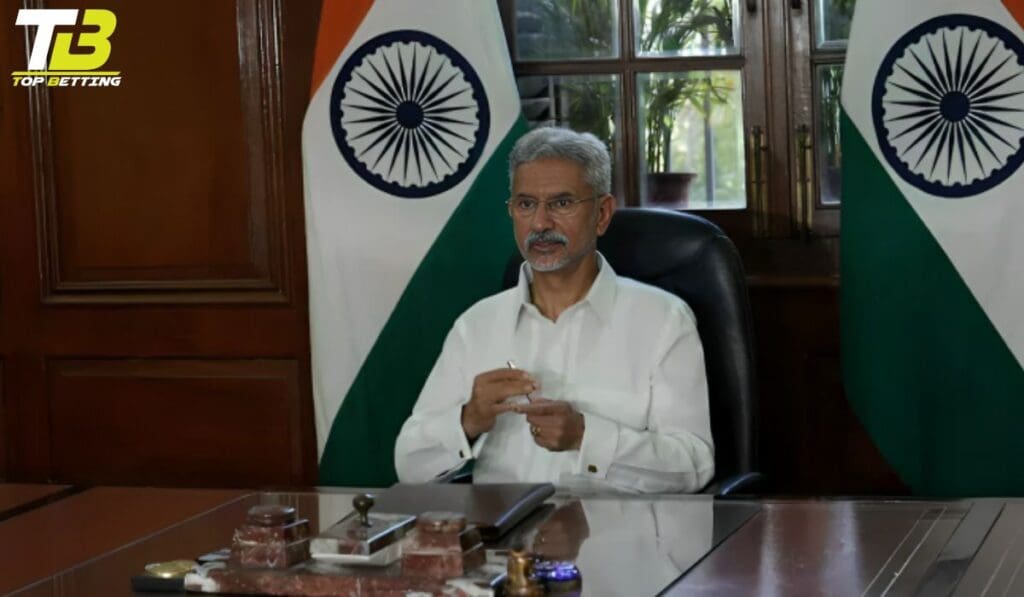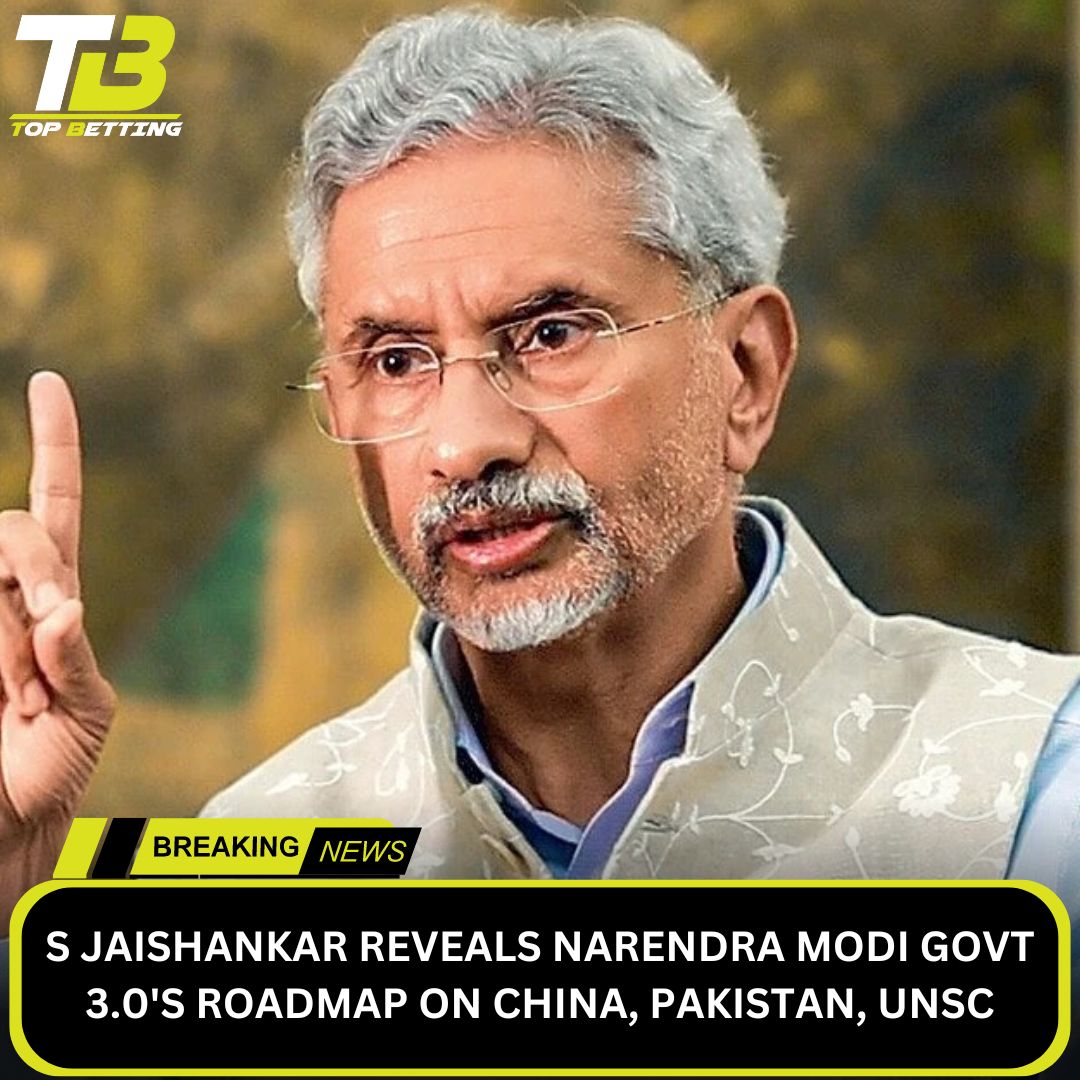
Jaishanka reveals Modi Govt 3.0’s roadmap: China, PAK, UNSC
In a significant move, S. Jaishankar, the newly appointed External Affairs Minister of India, has taken charge and outlined the roadmap for the Narendra Modi government’s third term. With a focus on strengthening India’s global influence and addressing key regional challenges, Jaishankar’s vision sets the stage for a transformative phase in India’s foreign policy.
It has different aspects and I am fully confident that under PM Modi’s leadership, the foreign policy of Modi 3.0 will be very successful. For us, the influence of India has been steadily growing. not just in terms of our own perception but also what the other countries think. They feel that India is truly their friend and they have seen that in times of crisis, if there is one country that stands with the Global South, it is India.
India’s Growing Influence on the Global Stage
Jaishankar emphasized that under Prime Minister Modi’s leadership, India’s influence on the world stage has been steadily increasing. He noted that other countries now view India as a true friend, one that has stood by the Global South during times of crisis. This perception, he believes, has earned India the trust and respect of the international community.
Securing a Permanent UNSC Seat
A key priority for the Modi government 3.0 is India’s quest for a permanent seat on the United Nations Security Council (UNSC). Jaishankar expressed confidence that under PM Modi’s guidance, India’s foreign policy will be highly successful in this endeavor. He highlighted the growing responsibilities and influence that India wields globally, making a strong case for its rightful place at the UNSC.
Amplifying the Voice of the Global South
In a move to further cement India’s position as a global leader, Jaishankar revealed that the government will work towards amplifying the voice of the Global South in the international arena. This aligns with India’s long-standing commitment to championing the interests of developing nations and promoting a more equitable global order.
Navigating the China Challenge
One of the key focuses of the Modi government 3.0’s foreign policy, as outlined by Jaishankar, is to find a solution to the ongoing border issues with China. Recognizing the complex and delicate nature of India-China relations, the minister emphasized the need for a dedicated approach to address these longstanding territorial disputes.
Leveraging India’s Political Stability
Jaishankar noted that the fact that the Modi government has been elected for a third consecutive term is a significant factor in India’s foreign policy calculations. He believes that this political stability will be viewed positively by the international community, further enhancing India’s standing and influence on the global stage.
Tackling the Pakistan Conundrum
Regarding India’s relationship with Pakistan, Jaishankar stated that the government’s focus will be on finding a solution to the issue of cross-border terrorism. He acknowledged the historical challenges and complexities involved in this bilateral dynamic, underscoring the need for a comprehensive approach to address this persistent threat.
It is a very big deal for a government to get elected three times in a row. So the world will definitely feel that today there is a lot of political stability in India. As far as Pakistan and China are concerned, the relations with those countries are different, and the problems there are also different. Our focus with regard to China will be on finding a solution for the border issues, he said.
Strengthening the Neighborhood First Policy
Alongside the India-Pakistan equation, Jaishankar highlighted the government’s commitment to the Neighborhood First policy. This strategic approach aims to foster peace, progress, and prosperity in the region, solidifying India’s role as a regional leader and stabilizing force.
Reinforcing the Ministry of External Affairs
Jaishankar expressed his deep honor at being entrusted with the responsibility of leading the Ministry of External Affairs (MEA) once again. He praised the exceptional performance of the ministry during the previous Modi government, expressing confidence that the team will continue to position India as a “Vishwa Bandhu” – a trusted friend and partner to the world.
Leveraging the Ministry’s Expertise
The new External Affairs Minister highlighted the wealth of experience and expertise within the MEA, stating that together, they are poised to further enhance India’s prestige, influence, and interests on the global stage. This emphasis on the ministry’s capabilities underscores the government’s commitment to leveraging the institutional knowledge and diplomatic acumen to achieve its foreign policy objectives.

Conclusion
As S. Jaishankar takes the helm of the Ministry of External Affairs, the Narendra Modi government’s 3.0 agenda promises a transformative phase in India’s foreign policy. From securing a permanent UNSC seat and amplifying the voice of the Global South to addressing the China and Pakistan challenges, the roadmap laid out by the new External Affairs Minister reflects a comprehensive and strategic approach to elevating India’s global stature and advancing its national interests.











